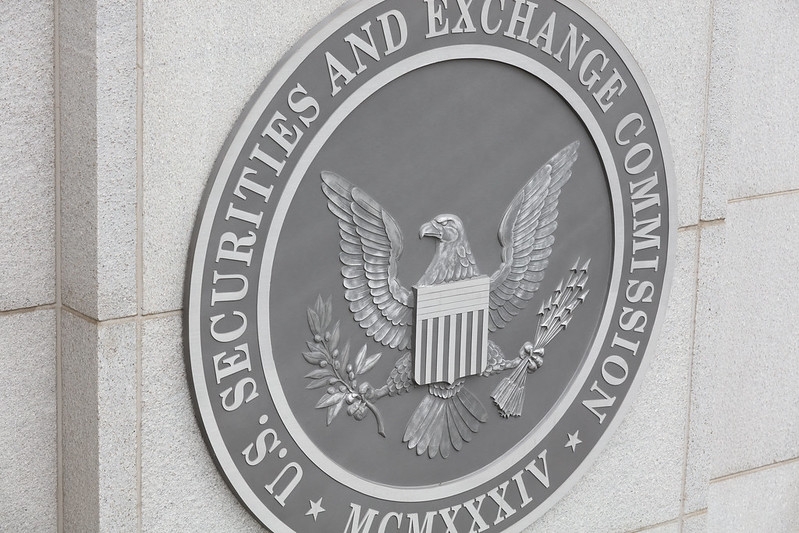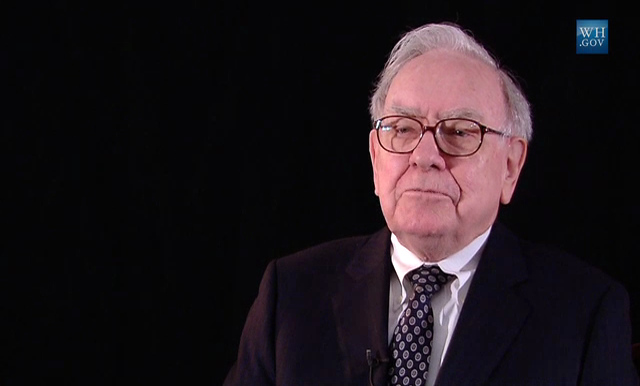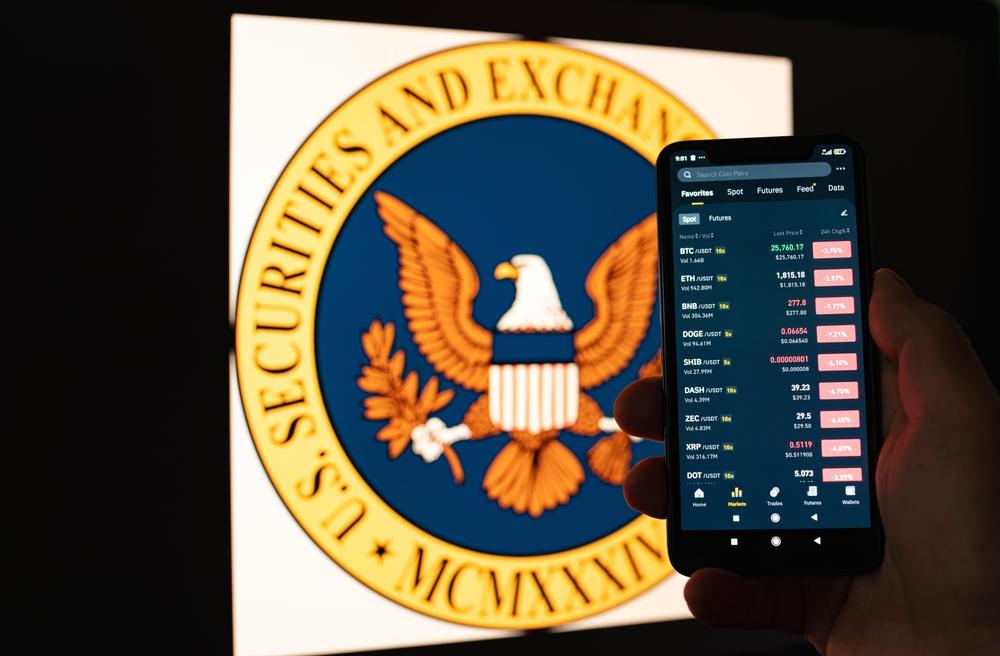Recent developments in a lawsuit initiated by the U.S. Securities and Exchange Commission (SEC) against cryptocurrency mining operation Green United have provided insights that could have ramifications for a parallel case involving the popular crypto platform Coinbase.
A notable turning point transpired on July 31 when Judge Jed Rakoff rejected Terraform Lab's attempt to dismiss its case. The judge dismissed Terraform Lab's reliance on the "major questions doctrine" to bolster its defense.
In a parallel manner, Green United has employed this very defense in its motion to have the case against it dismissed. Interestingly, this defense strategy has been adopted by other cryptocurrency entities confronted with legal challenges from the SEC, including Coinbase.
In an official document dated August 4, the SEC referenced the Terraform Labs ruling to underscore its opposition to Green United's utilization of the major questions doctrine and its demand for adequate notice.
Central to this debate is the SEC's ability to classify a company's digital assets as "investment contracts," a notion explicitly outlined in the SEC's formal communication. The SEC emphasized the significance of the Terraform Labs case, citing its pertinence in rejecting the defense arguments presented by Green United.
This sequence of events also holds implications for Coinbase, which submitted its motion to dismiss the SEC lawsuit on the same date, August 4. Coinbase's defense emphasized the consideration of the major questions doctrine, suggesting that the SEC exceeded its authority in attempting to regulate the secondary market for cryptocurrency trades. Their argument references a Supreme Court decision highlighting that policy determinations ideally originate from Congress rather than relying on implied permissions.
However, Judge Rakoff's decision in the Terraform case countered Terraform's defense, highlighting that such a doctrine, designed for exceptional circumstances, should not interfere with routine functions that Congress expects agencies like the SEC to execute.
Demonstrating a proactive approach, the SEC has consistently invoked prior case judgments to bolster its position. For instance, in the April SEC vs. Ripple Labs lawsuit, the SEC referenced a prior case victory to assert that existing court decisions provide sufficient fair notice.

























Comment 0